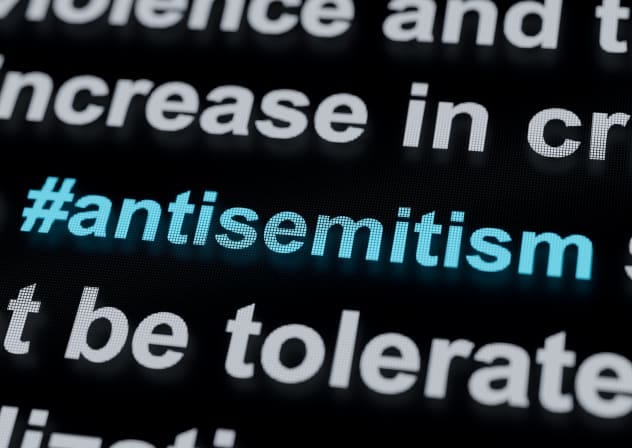From hostages to heritage: Defending Diaspora Judaism's modern world - opinion
Young Jews face a new kind of captivity: cognitive warfare eroding identity, purpose, and resilience across Israel and the Diaspora.

Young Jews face a new kind of captivity: cognitive warfare eroding identity, purpose, and resilience across Israel and the Diaspora.




The truth that Netanyahu has resolved to bury rests on three foundations, all of which don’t even need an investigation, because they are glaring.

After the October 7 massacre, Israel demands answers. But who should investigate the failures, and can any commission restore trust and prevent the next attack?

In Israel, we understand what a free Iran could mean for the region — the possibility of peace, and the end of a regime that has posed a threat to Israel for decades.

Trump is gambling that the Iranians will conclude that they are better off making a deal than testing American resolve, and Israel, naturally, has reason to watch all of this with concern.

The US must address Iran’s ongoing aggression. An "America First" policy should target Iran's IRGC and disrupt its global operations to protect American interests.

Israel's decision to remove "massacre" from the October 7 bill undermines the significance of the attack and weakens national remembrance.

Not long ago, it felt as if we were in a Jewish golden age. Now, we must face the realities of our time and take action to ensure the continued vitality of the Jewish people.

Inside the algorithmic double standard that lets Jew-hate spread unchecked.

The State of Israel lodged a class action suit against El Al on behalf of the many passengers who were fleeced by the airline.

The reluctance in the older American generation to use the word "Zionist" may have roots in how the term was used following Israel's founding.
